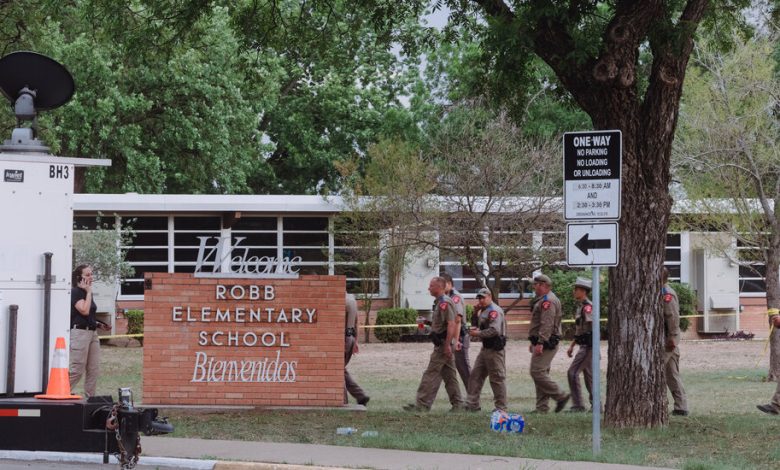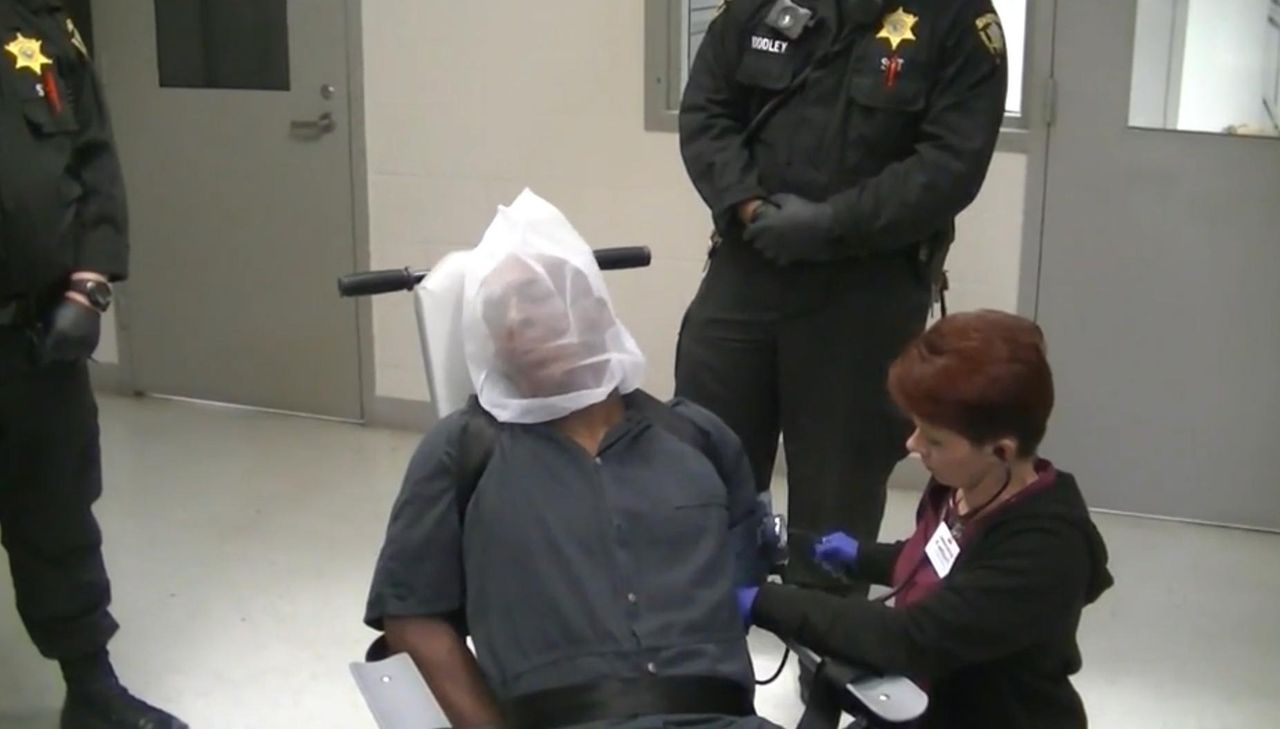The Royal College of Nursing in the U.K. says the country’s nursing workforce has reached a “critical situation” with nurses unable to pay their bills as prices continue to rise. Several Members of Parliament were told that some providers have had to rely on food banks and are currently unable to pay their rent, which is pushing nurses to quit in droves in search of better pay.
Dr. Denise Chaffer, president of the Royal College of Nursing, addressed lawmakers at a recent meeting of the Health and Social Care Committee in Parliament.
She said inflation is having a detrimental effect on the country’s nursing industry and recent walkouts have led to unsafe staffing levels.
Inflation is rising at 9% in the U.K., the fastest rate in 40 years, and experts say it could go even higher in the months to come.
“The situation for nursing is really quite critical at the moment,” she explained. “We’ve got a huge problem with retention – the Nursing Midwifery Council published figures last week around the increase in nurses that are leaving the profession.”
The National Health Service is having trouble replacing the departing nurses, which can put patients at risk.
“Nurses that are not able to give safe care is very, very bad news for patients,” Chaffer continued. “Our concerns are particularly for the harm that could cause the patient by not having enough nurses. We don’t want to see any of the scandals we’ve seen in the past.”
When MPs asked her what can be done about the issue, she responded, “We can’t get away from the fact of the pay issue – we have nurses that are unable to pay their rent, afford their petrol to get to work and they’re unable to get a mortgage. We’ve spoken to a number of members that just cannot get a mortgage, that are relying on food banks.”
Raising wages would help nurses make ends meet during this difficult time. It would also encourage more providers to stay in the profession. But in the meantime, hospitals and staff are trying to make do with what they have.
Six NHS trusts recently set up food banks for staff to help with the rising cost of living.
Sara Gorton, head of health at UNISON, the U.K.’s largest trade union, called the news “shocking.”
“Health workers helping the NHS recover from the worst of the pandemic no longer have enough money to feed their families. With living costs spiraling, the government must step in to end the growing misery. An inflation-busting NHS pay rise would help boost households struggling to stay afloat,” Gorton said.
“Anything less could see many health staff quitting their jobs for better paid, less stressful work. This would be a disaster for hospital services, efforts to clear the treatment backlog and patient care.”
When asked if she ever envisioned the NHS setting up food banks for nurses, Chaffer said, “No, I really didn’t.”
Chaffer said the NHS pay rate for nurses has been “behind the curve for some time.”
“I’ve got many friends and family members that are nurses, but they actually just can’t do it anymore, and that’s what we’re seeing – people are walking,” Chaffer added. “We have got to tackle the fact that we are losing nurses, we cannot afford to lose one single nurse.”
Gill Walton, chief executive of the Royal College of Midwives, told the same committee that the midwifery workforce has become “very fragile.”
She said, “There is still a huge shortage and in fact there are fewer midwives in practice than last year,” and that the NHS is “very far off” from being able to provide continuity of care for patients.
“The Royal College of Midwives believes that the gold standard is what every woman needs but until there are enough midwives in the system it is not possible to implement in the way that is envisaged.”




